Indigenous Governance Database
trust responsibility
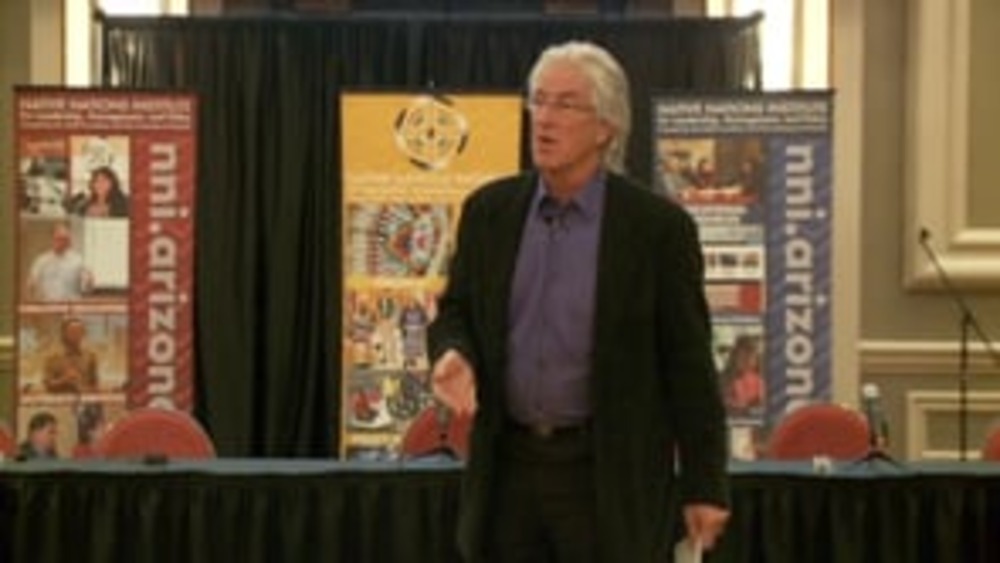
Robert Hershey: Dispelling Stereotypes about the Federal Government's Role in Native Nation Constitutional Reform
Robert Hershey, Professor of Law and American Indian Studies at The University of Arizona, dispels some longstanding stereotypes about what the federal government can and will do should a Native nation decide to amend its constitution to remove the Secretary of Interior approval clause or else make…
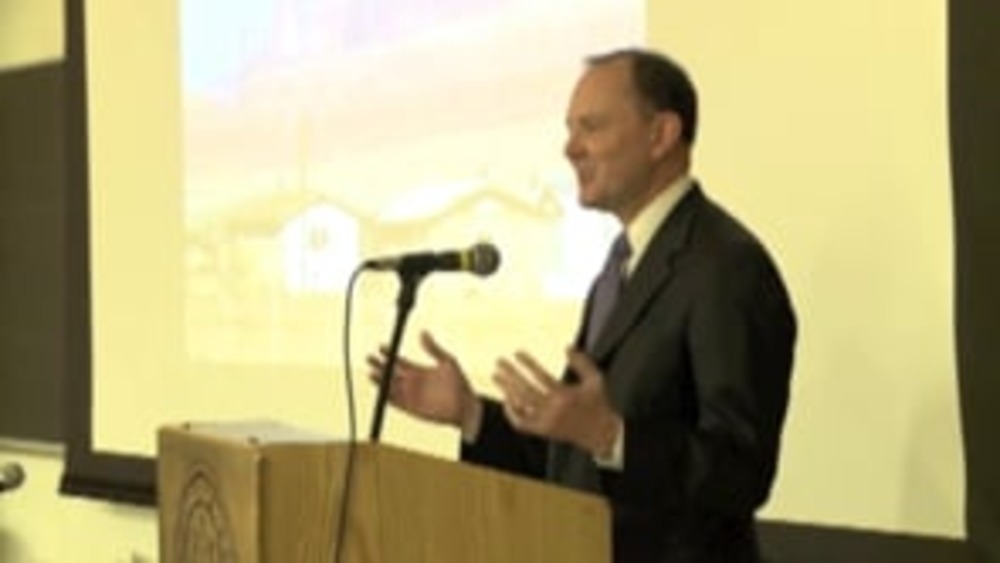
Good Native Governance: Keynote Address
UCLA School of Law "Good Native Governance" conference keynote speaker, Kevin Washburn, Assistant Secretary — Indian Affairs for the U.S. Department of the Interior, examines how Native nations are engaging so well in self-determination through good governance. This video resource is…
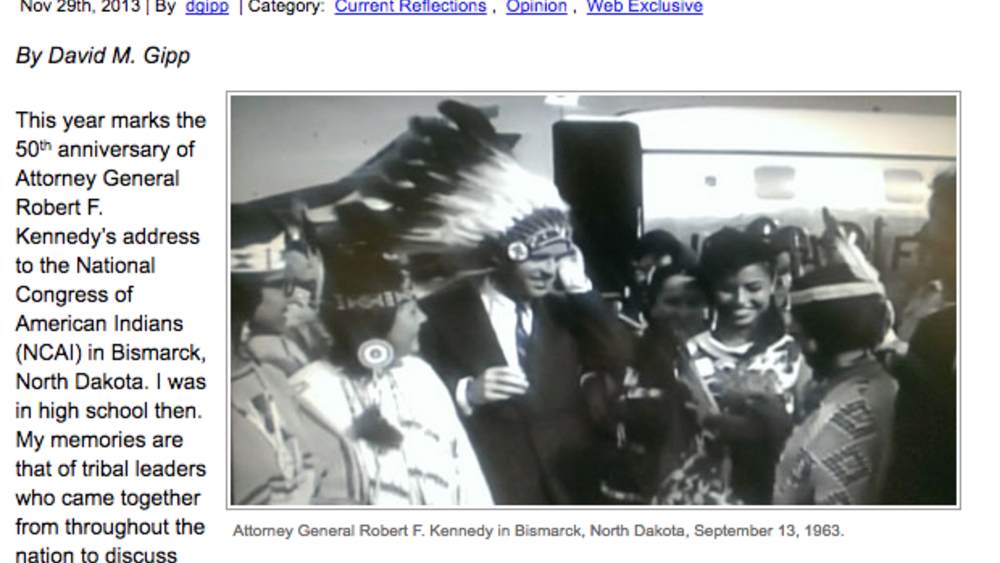
Robert F. Kennedy's Legacy with First Americans
This year marks the 50th anniversary of Attorney General Robert F. Kennedy’s address to the National Congress of American Indians (NCAI) in Bismarck, North Dakota. I was in high school then. My memories are that of tribal leaders who came together from throughout the nation to discuss key issues of…
Peterson Zah: Finally We Are Growing Our Own
Recorded on March 25, 2010, in this lecture Dr. Peterson Zah discusses the history of Native American education, Navajo education, and his involvement recruiting Native American students to attend college. He also stresses the importance of higher education to the success of Native nations' efforts…
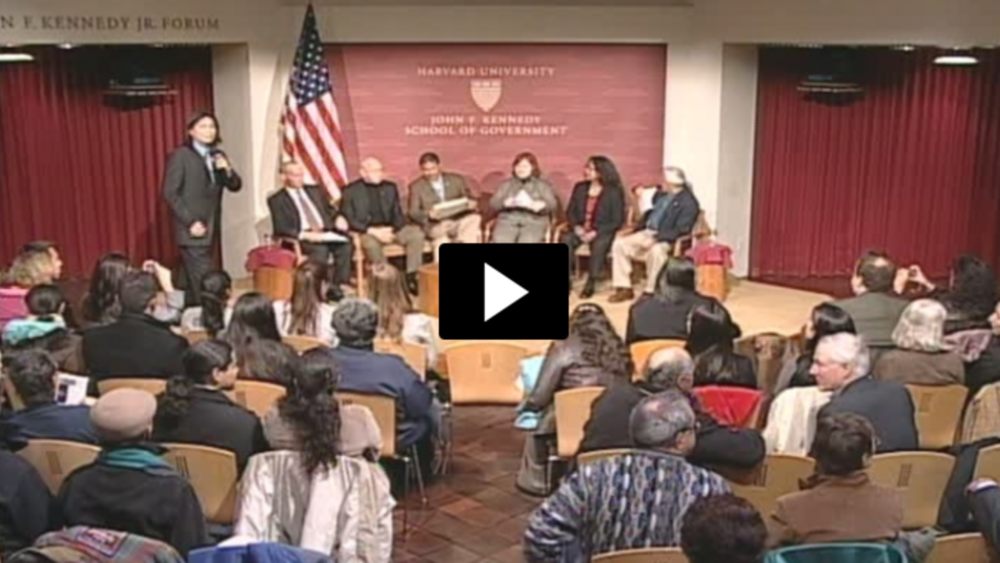
The Future of the U.S./Tribal Nations Relationship
Harvard Project on American Indian Economic Development Co-Directot Joseph P. Kalt leads a moderated discussion with Native nation leaders about the state of the tribal-federal relationship. Held in 2007, the forum featured Jamestown S'Klallam Chairman Ron Allen, Mescalero Apache President Mark…
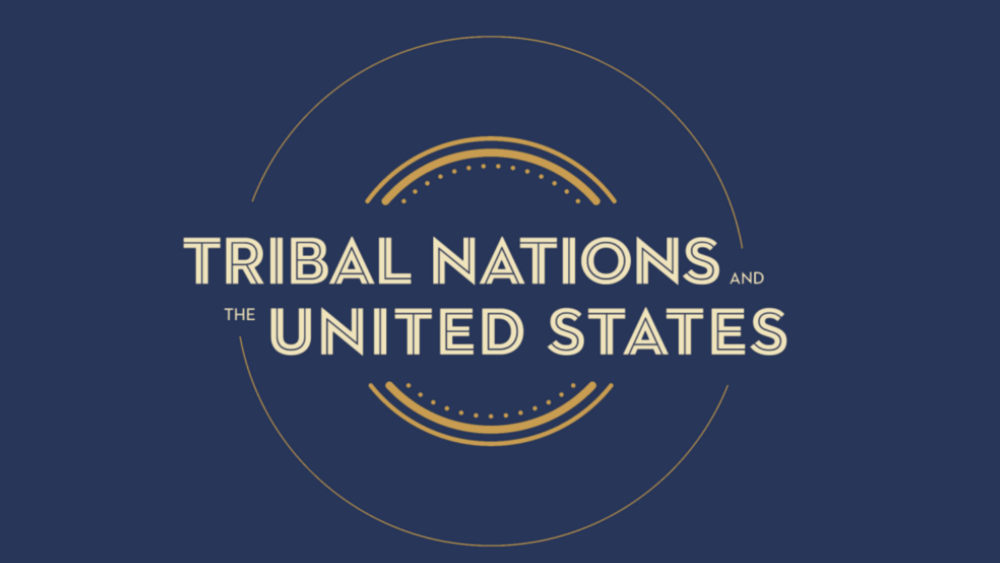
Tribal Nations and the United States: An Introduction
Tens of millions of Indigenous peoples inhabited North America, and governed their complex societies, long before European governments sent explorers to seize lands and resources from the continent and its inhabitants. These foreign European governments interacted with tribes in diplomacy, commerce…
